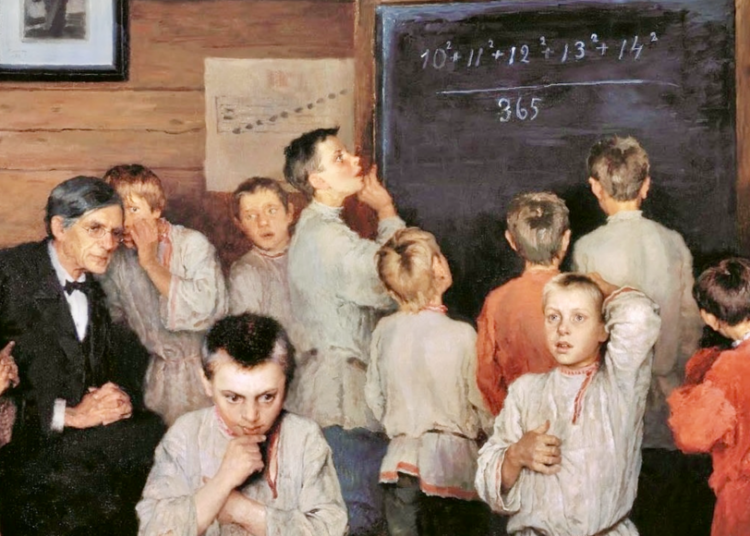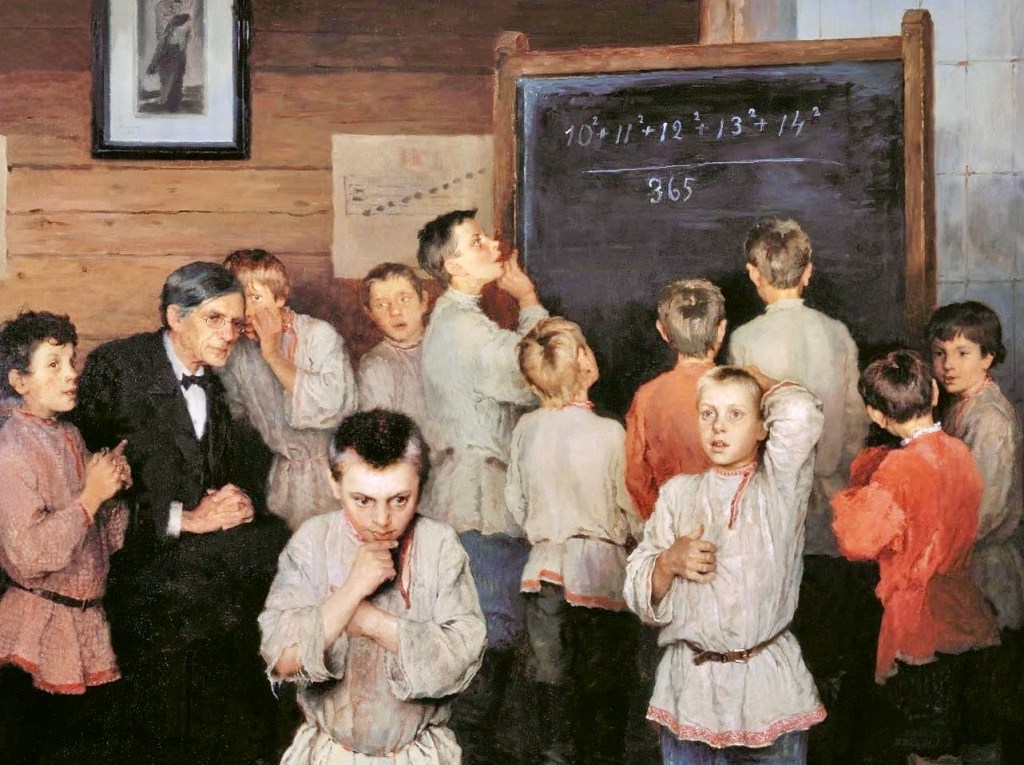“Critical thinking” is one of the most popular buzz words used by the education system today.
Unfortunately, as education expert Martin Cothran notes, modern educators have no idea how to actually define “critical thinking skills”:
“Modern educators love to talk about ‘critical thinking skills,’ but not one in a hundred even knows what he means by the term.
[…]
In fact, the next time you hear an educator use the term ‘critical thinking skills,’ ask him what he means and see what happens. You get the same reaction you would get if you were to politely interrupt a cheerleader in the middle of her routine and ask, ‘When you say ‘rah-rah, sis-boom-bah,’ exactly what do you mean?’ You would get a blank stare. The words have no substance in themselves; they are meant merely to elicit positive emotions. It is the same with the term ‘critical thinking skills.’ It is the educational equivalent of shaking pom-poms.”
There is a tendency for modern schools to advertise themselves as providing students with “critical thinking skills” in contrast to the supposedly antiquated model of supplying students with factual knowledge. But as modern research is finding, there is no such thing as critical thinking without factual knowledge. According to Washington University professors Henry L. Roediger and Mark McDaniel:
“Pitting the learning of basic knowledge against the development of creative thinking is a false choice. Both need to be cultivated. The stronger one’s knowledge about the subject at hand, the more nuanced one’s creativity can be in addressing a new problem. Just as knowledge amounts to little without the exercise of ingenuity and imagination, creativity absent a sturdy foundation of knowledge builds a shaky house.”
In other words, a student simply can’t think critically about science unless he knows and can define certain terms; he can’t think critically about a foreign language unless he memorizes the vocabulary; and he can’t think critically about history unless he remembers important dates and figures.
When participating in a recent debate, Cothran was pressed to provide his definition of critical thinking skills. His answer? “Logic.” He explains:
“It is an interesting fact that the people who say they want to improve our schools spend so much time talking about ‘critical thinking skills’ and so little about logic. One of the reasons is undoubtedly that the word ‘logic’ is much more concrete. It implies learning and being able to use a specific system of rational rules that can be taught—what the ancients called an ‘art.’ Logic has an actual history of having been taught, and taught in a certain way. It is not nearly so amorphous as the term ‘critical thinking skills.’”
If this is the case, can we simply discard the amorphous term “critical thinking” and start teaching students the principles of logic once again?
Republished with gracious permission from Intellectual Takeout (February 2024).
The Imaginative Conservative applies the principle of appreciation to the discussion of culture and politics—we approach dialogue with magnanimity rather than with mere civility. Will you help us remain a refreshing oasis in the increasingly contentious arena of modern discourse? Please consider donating now.
The featured image is “Mental calculation at primary school” (1895) by Nikolay Bogdanov-Belsky, and is in the public domain, courtesy of Wikimedia Commons.



